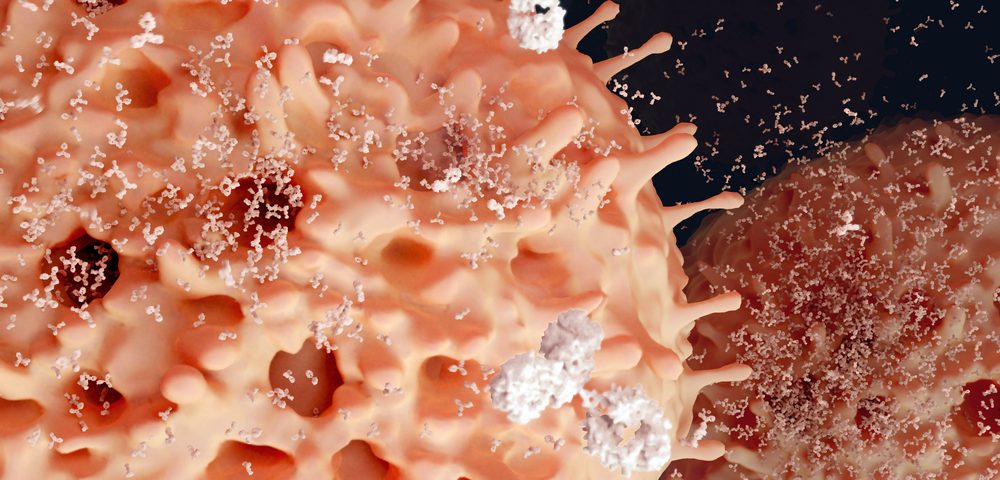Results from a Phase 2 clinical trial demonstrate that the drug mogamulizumab promotes better response rates than standard chemotherapy in patients with a rare form of cancer, called relapsed of refractory adult T-cell leukemia-lymphoma (ATLL), Weill Cornell Medicine and New York-Presbyterian researchers reported. The results were recently presented at the 2016 American Society for Clinical Oncology (ASCO) Annual Meeting in Chicago.
ATLL is a rare and often aggressive T-cell lymphoma that occurs in 2 percent to 5 percent of people infected with the HTLV-1 virus, which attacks a subset of immune cells called lymphocytes and is transmitted through sexual contact or contaminated blood. Although more than 20 million people are infected with this virus, they are commonly found in the Caribbean, sub-Saharan Africa, Asia, and Latin America. In the U.S. only about 120 new cases are reported each year, making it difficult to conduct clinical trials to identify new drugs for ATLL.
The researchers identified mogamulizumab, an antibody that binds to the cell surface protein CCR4 found on tumor cells, as an effective therapy for ATLL patients, with study findings showing it induced tumor responses in nearly 28 percent of patients with this disease.
“In order to treat an aggressive cancer such as ATLL, you have to think outside the box,” Dr. Adrienne Phillips, an assistant professor of medicine and a member of the Sandra and Edward Meyer Cancer Center at Weill Cornell Medicine and an oncologist with the Bone Marrow and Stem Cell Transplant Program at NewYork-Presbyterian/Weill Cornell Medical Center, said in a press release. “By working with international collaborators to conduct the largest randomized trial ever in relapsed or refractory forms of this devastating cancer, we have been able to demonstrate the benefits of an innovative, immune based treatment approach and have taken a large step forward in efforts to make this treatment option available for ATLL patients here.”
There are no U.S.-approved drugs for ATLL, and oncologists have been treating these patients with chemotherapy developed to treat other forms of T-cell lymphomas.
Sponsored by the drug’s manufacturer Kyowa Hakko Kirin Pharma, the study enrolled 71 patients with ATLL from six countries into a three-year, Phase 2, randomized clinical trial where mogamulizumab effectiveness was compared to that of chemotherapy. Mogamulizumab induced higher tumor response rate, as it was associated with a median duration of tumor response of five months. Additionally, some patients who failed to respond to chemotherapy responded to mogamulizumab.
“The importance of clinical trials to treat uncommon cancers cannot be overstated,” said Dr. Julie Vose, ASCO president and chief of oncology and hematology at the University of Nebraska Medical Center, and a lymphoma expert. “Expanding on Dr. Phillips’ research could provide insight into how to best use moga to maximally benefit ATLL patients as well as those with other related T-cell lymphomas.”
“ATLL is a fast-growing and aggressive blood cancer that continues to be challenging for patients,” said Meghan Gutierrez, chief executive officer of the Lymphoma Research Foundation. “Studies like this one demonstrate the value of international collaboration as well as the potential of research to positively impact clinical outcomes for patients with lymphoma and other cancers.”


